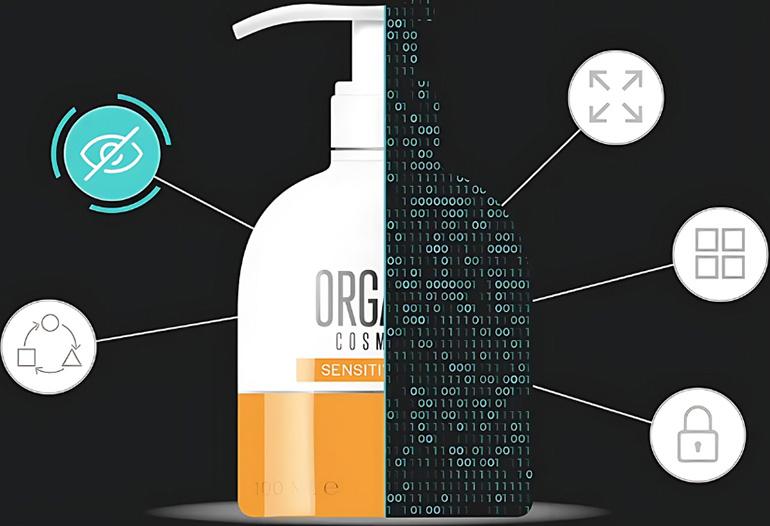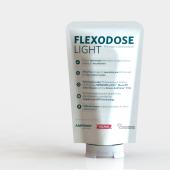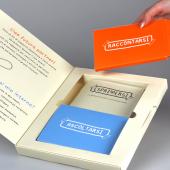From Research to the Shelf September 2024
Monthly showcase of packaging solutions to communicate, protect and distribute commonly used products.
Compostable drinking straws that don’t taste of paper.
Swedish company Gaia Biomaterials has completed the development of a new compostable drinking straw material. The new material is stable, rigid, and heat resistant and allows for the manufacture of sustainable straws for all types of drinks. The new material is a grade of the company's limestone based Biodolomer material, which does not leave any microplastics and is certified compostable by BPI in the USA as well as European certification bodies. The new grade has been developed with hot drinks, such as Irish Coffee and hot chocolate, in mind. It can handle temperatures over 80ºC without any substantial loss in rigidity and stability.
Several tests have been conducted with drinking straw manufacturers in Europe and the USA, and the results were so promising that the first full-scale production runs will take place this year. The material works well in the machines, and the properties are according to expectations.
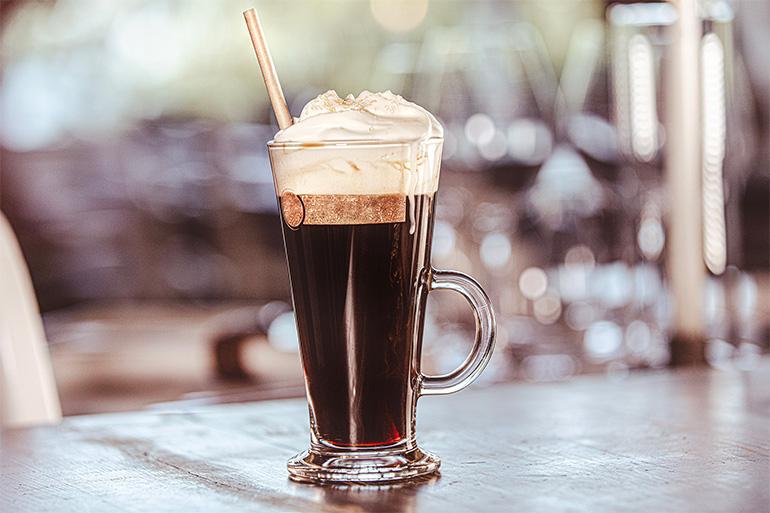
PET films for the medical industry
Evertis launches Evercare™ brand, set to be a leading provider of specialty and innovative medical-grade films designed to provide superior performance and support regulatory compliance to the healthcare market.
Evercare drop-in films facilitate the thermoforming process, offer better mechanical and optical properties and are more resistant to sterilisation. Manufactured in strict compliance with GMP standards and regulatory requirements, Evercare films are ISO10993, USP661.1, ISO11607 certified. The range offers not only plug & play recyclable PET-based solutions, but also two other sustainable options: bio-based and up to 50% post-consumer recycled (PCR) materials. These solutions take advantage of the vertical integration with Selenis and meet the same quality and regulatory standards, providing a great opportunity to reduce the carbon footprint.
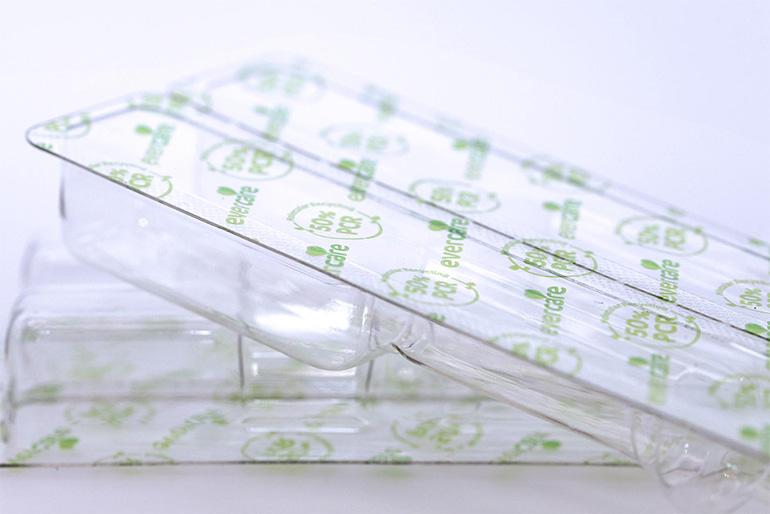
From SIT to Orogel, a mono-PE for frozen foods
Orogel, Italian market leader in the frozen vegetables sector, operates in a sector whose packaging conditions are particularly challenging, being characterised by environments with high humidity, the presence of water and ice, and by a frozen product which is extremely rigid, heavy and, in some cases, pointed.
SIT Group has, therefore, developed and industrialised for Orogel a PE mono-material structure, guaranteeing the customer the same packaging productivity and without increasing waste compared to the previous structure in a PP-PE polyolefin mix.
Back-up suppliers have also been approved to ensure continuity in the supply and to manage the risks along the supply chain. In addition, SIT Group has supported Orogel in the development and implementation of a structured approval plan, which has allowed for a progressive and by now completed transition to the new PE mono-material specification.
As Massimiliano Corelli (Packaging Purchase Office Manager of Orogel S.p.A) has underlined, recognising SIT an uncommon ability for engagement as well as expert technological know-how:
«Working in SIT Group’s new Innovation Centre has enabled us to meet our need to design and replicate at industrial level the new mono-material film, which not only is at the cutting-edge from a technological point of view, but allows us to reach a high standard of sustainability, obtaining maximum recyclability and an improvement in our production performances ».
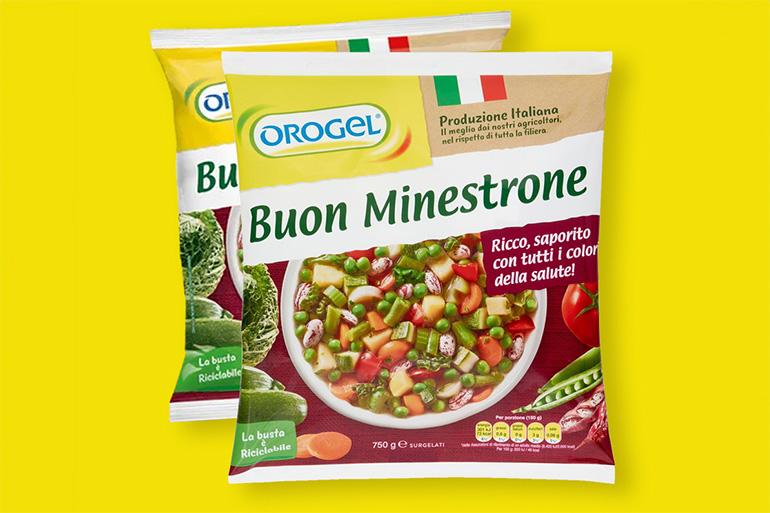
“Digital” watermarking on printed film
The combination between Digimark’s digital watermarking (which makes it possible to embed a sample of audio file, images and videos) and Wipak flexible packaging. The combination of the two technologies - conceived to offer innovative packaging, in particular for food, medical and pharma brands - will make it possible to achieve sustainability and profitability goals, accelerating the path towards “zero emissions”. Digimarc Recycle represents, in fact, a new opportunity to differentiate and recycle plastic waste: connecting hidden electronic watermarks applied to plastic packaging with a cloud-based archive (which contains the characteristics of the product, the composition of the packaging, the brand and more besides) will improve the quality and quantity of recycled materials while revealing, at the same time, invaluable and never-before-seen post-purchase product journey data.
Besides automating the identification of the collection and selection of packaging at material recovery facilities (MRF) and plastic recovery facilities (PRF), digital watermarking effectively adds value in the product life-cycle. Once applied, digital watermarks support product authentication, manufacturing and supply chain inspection, customer loyalty programmes, next-generation retail checkout, and other business applications.
